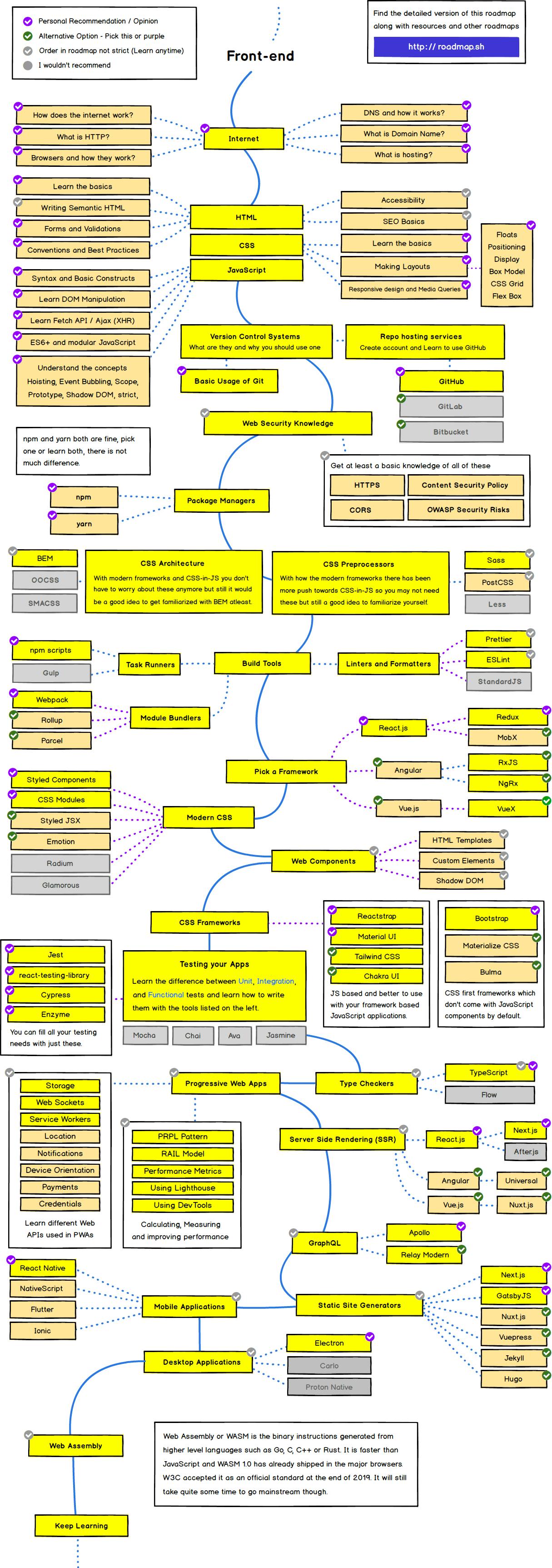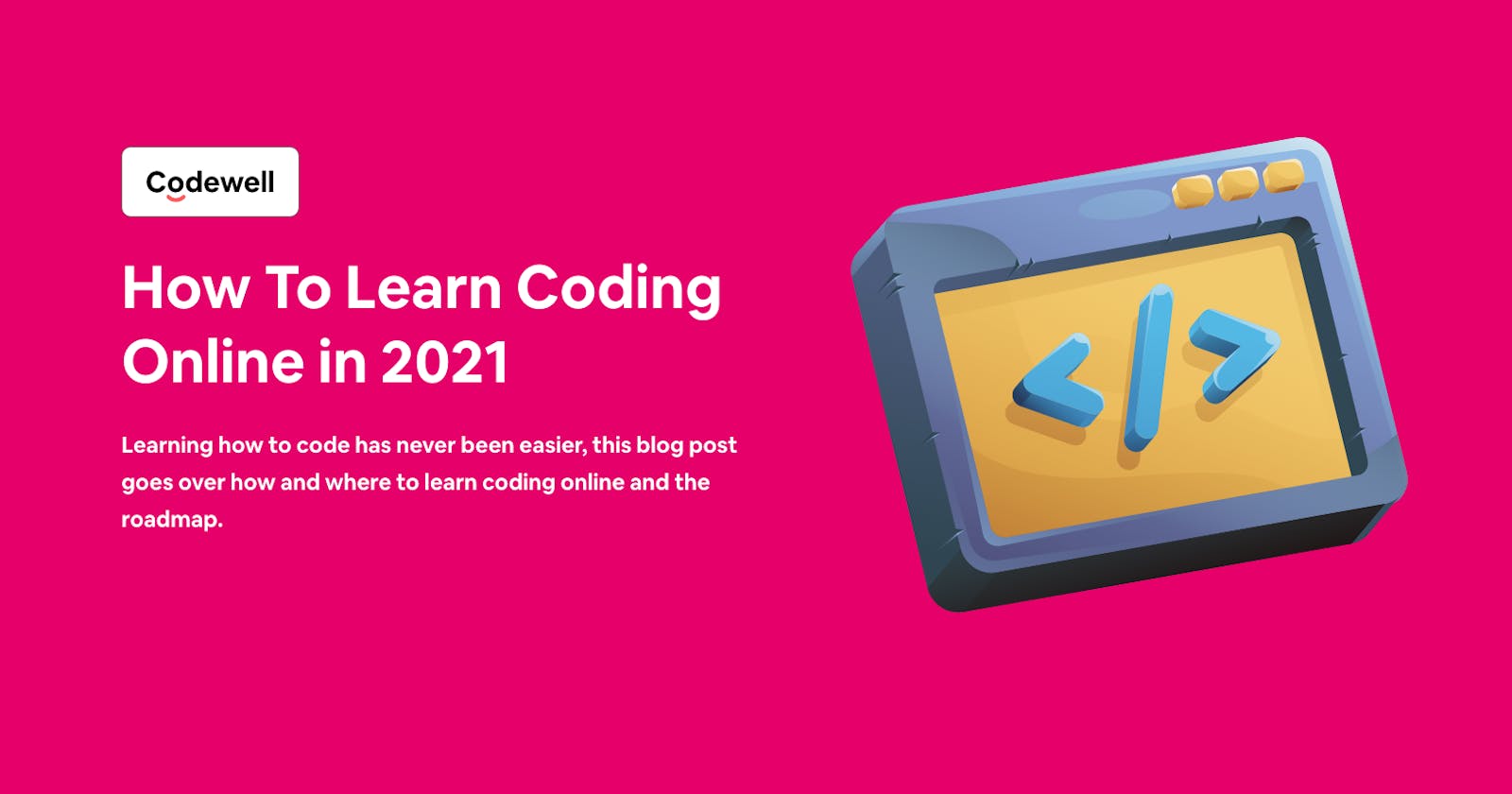It's time to learn coding. It's 2021, and more than ever before, learning how to code has never been easier. The resources are there but it's important that you have the discipline to do it on your own.
This guide is intended for absolute beginners. It can be overwhelming to understand what you need to learn and how with so many guides out there, this guide will help you move in the right direction.
Why do you want to code?
Before jumping into what languages you want to learn, or what projects you want to create, first answer this question. If you're learning how to code because you want to make quick cash, then you will most likely not succeed.
Learning how to code can be a very long process, you're essentially learning new languages on regular basis. Without bigger motivations than money, you will most likely quit learning before you even start.
Coding to start a business is a great motivator — being able to code means that you can essentially create anything you want. Of course, learning to code a higher paying salary job than your current one is also a great motivator.
Step by Step Guide and Roadmap
Now that you've worked out why you want to code, understand what you want to code. Websites, apps, AI, etc. We'll cover how to code websites, but the idea here is that once you've understood the logic behind the languages, it becomes easier to learn newer ones.
Frontend Development
In its simplest form, frontend development is simply how a website looks, and what happens when you click buttons and links.

This roadmap has circulated the internet and for a good reason. It covers all the stuff you need to learn to become a frontend developer — you're probably on your way to exit out of this blog post now, but listen up, you don't even need a lot of the stuff on there, so here are the 3 things you do need.
a. Learn HTML
HTML is the skeleton of any website, its building block. The text you see on this page, the lists, the buttons, they're all HTML. How they look and interact has nothing to do with HTML, so don't sweat it yet.
So then, where do you learn HTML? freeCodeCamp of course — this is single handedly the best resource you can use to learn ALL the languages we'll be discussing in this blog post.
The tutorials are bite-sized, and it covers everything you need to learn. It's also interactive which helps you to see what you're working on.
b. Learn CSS
CSS is the skin of any website, its decorative. The font choice, the button colors, everything aligned in a neat grid, that's all CSS.
Overall, learning HTML and CSS shouldn't be difficult for any beginner. They don't contain any 'logic' in the sense that you won't be telling this button to a log a user in just yet. You're just creating styles. While CSS shouldn't be hard to learn, there's so much you can do with it and learn, so don't underestimate it.
c. Learn Javascript
Javascript is the brains of any website. Clicked on a button that logged you in? JS. An app that logs your tasks? JS. You get the point. This one is the hardest to learn, and this is not to discourage you, but to set your expectations.
It's learning how to think like a computer, so it can be a bit jarring at first.
All in all, you CAN learn how to code and get your first job in 3-4 months if you study well full time every day, but it's a matter of priority and discipline. If you want it enough, you'll work hard enough for it.
